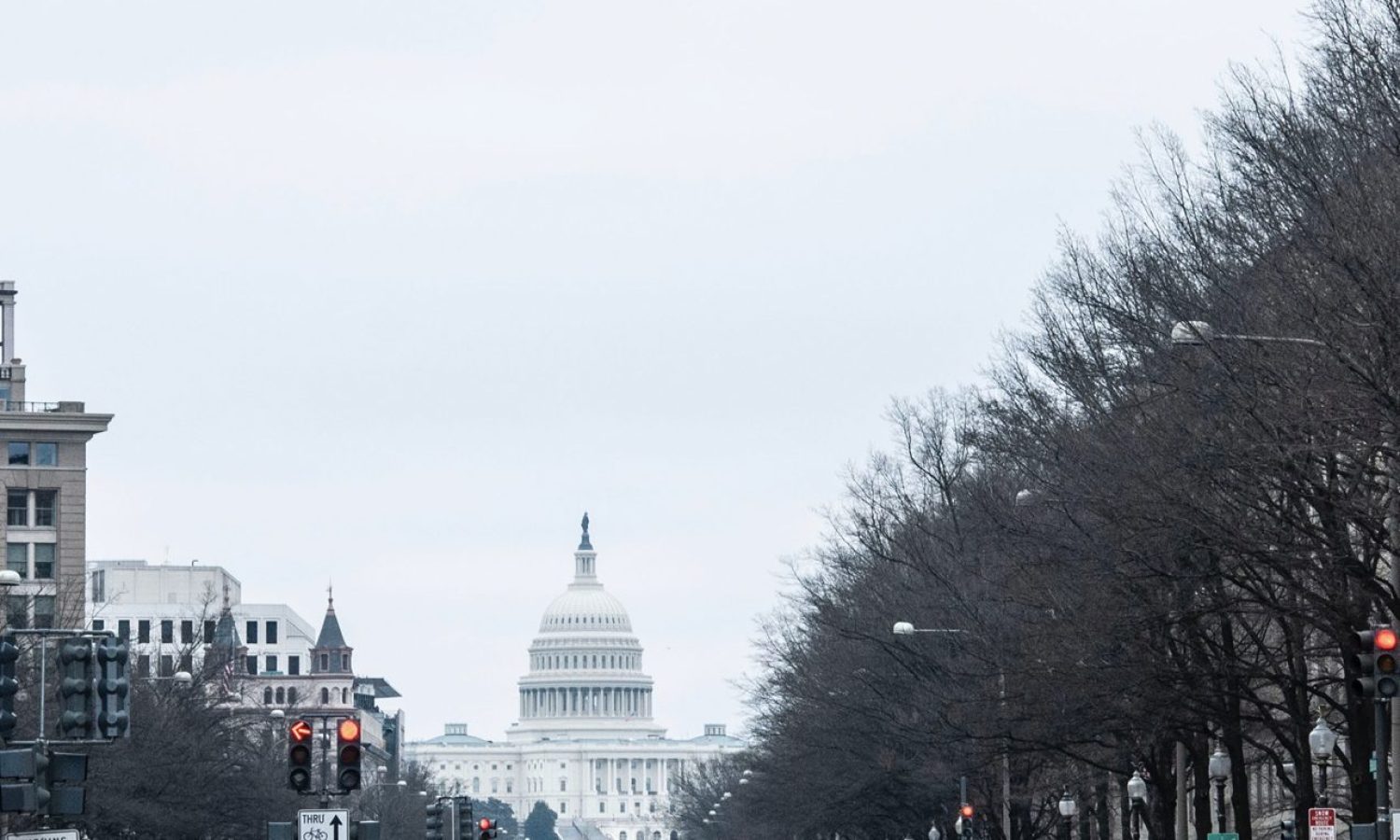i2Coalition February 2024 Legislative Brief
Your brief update on important Internet policy issues
OUTLOOK
When the House and Senate return to Washington from their February recess periods, they will have little time left to reach an agreement on the FY 2024 federal government budget legislation expected to exceed $1.7 trillion in order to avert a government shutdown. Negotiations are intensifying as the House and Senate appropriators work to meet March 1 and March 8 government funding deadlines. The budget negotiations are reportedly complicated by disagreements over policy riders, which may restrict agency actions on specific issues. A bipartisan group of House lawmakers has introduced a foreign aid and border security package worth $66.3 billion. This measure is an alternative to the Senate’s $95.3 billion national security supplemental bill. The House version primarily focuses on military assistance for Ukraine, Israel, and Taiwan, significantly reducing or excluding the humanitarian and economic support included in the Senate’s proposal. The bill is potentially a temporary solution to border security while providing necessary military funding support to allies. However, the future of the House alternative bill depends on further discussions. The Senate’s immediate responsibility after the February recess involves impeachment. On February 13, after an extremely close vote (214-213), House Republicans succeeded in their second attempt to impeach Department of Homeland Security Secretary Alejandro Mayorkas, requiring the Senate to conduct an impeachment trial. The House Republicans claim that Secretary Mayorkas has committed “high crimes and misdemeanors” in his handling of the southern border. Former President Trump and President Biden are the Republican and Democrat frontrunner candidates, respectively, in the 2024 Presidential campaign. Primary elections in the states are advancing, and notably, on March 5, Super Tuesday, primary votes will be cast in fifteen states and one territory. President Biden’s State of the Union address before a joint session of Congress is scheduled for March 7.
TECH POLICY PRIORITIES
Section 230/Intermediary Liability/Content Moderation. Leading Senate Judiciary Committee members who support Section 230 reform and children’s online safety bills, including the STOP CSAM Act and the EARN IT Act, are vowing to push for Senate passage of a package of bills already approved by the Judiciary Committee when the Senate resumes legislative business after the February recess. These calls for action follow the Senate Judiciary Committee’s high-profile hearing on January 31 when Senators grilled the CEOs of five social media platforms (Meta, X, Snap, TikTok, and Discord) about the online child exploitation crisis and social media’s role while numerous parents of victims personally observed the proceedings in the audience. While the Senate Judiciary hearing was front-page news, it is unclear what direction any House action will take on these issues.
Federal Privacy. House Energy and Commerce Chair Cathy McMorris Rodgers (R-WA), a lead author in the prior Congress of a bipartisan federal comprehensive consumer data privacy and security measure, has decided not to seek reelection in 2024 and will leave at the end of this Congress. The Senate contemplates floor action as soon as possible this spring on measures developed in the Senate Commerce Committee to promote online safety and privacy for children and teens (the revised Kids Online Safety Act, with more than 60 Senate sponsors and the support of several major tech companies, and the bill known as COPPA 2.0, now supported by the bipartisan leaders of the Senate Commerce Committee). Given Chairwoman Rodgers’ decision to leave Congress and the tight legislative calendar in this election year, it is unclear what action the House Energy and Commerce Committee may take on federal privacy and children’s online privacy and safety legislation. Meanwhile, the Biden Administration continues to work on kids’ online health and safety, including through a task force listening session with senior officials held on January 31.
Copyright/IP. Numerous creators recently announced their support for the NO AI FRAUD Act, House legislation introduced in January by Reps. Salazar (R-FL) and Dean (D-PA) to establish a federal framework for protecting an individual’s voice or likeness in the age of AI. A California federal judge dismissed parts of a lawsuit against OpenAI by authors, including Sarah Silverman, which alleged copyright infringement by OpenAI’s use of their works to train ChatGPT. The judge ruled that the AI’s outputs did not significantly resemble the authors’ content and rejected the claim of copyright violation, with the opportunity for the authors to amend their complaint.
Antitrust/Competition. Senator Amy Klobuchar, joined by several Democrat colleagues, introduced a bill to prevent algorithmic price fixing. As their agencies advance specific pending enforcement cases, FTC Chair Lina Khan and U.S. DOJ antitrust chief Jonathan Kanter continue to engage in broader public discussions about the need for antitrust vigilance regarding major technology companies, including scrutiny of their investments in new areas such as AI.
Broadband. Whether Congress will allocate funding to extend the FCC’s Affordable Connectivity Program dominates many current policymaker conversations about the state of U.S. broadband access and deployment. The program, which assists about 23 million low-income households in payment of their monthly Internet bills, is expected to run out of funding by early spring. The National Science Foundation is seeking public comments by March 21 on a National Spectrum Research and Development Plan.
Find Out More…
For more in-depth updates on Internet policy, including issues that specifically impact your organization, please contact us about joining the i2Coalition.

